Abuse in the classroom
When you interview university students in Afghanistan, you can hardly find anyone who denies sexual harassment in the universities there. Professors teaching at the university are largely responsible for this abuse. You could get full marks or no marks in your exams; it simply depends on how you behave with them. Beautiful and stylish young girls are easy prey.
![]() read more
read more
‘Marry girls young, avoid rape’
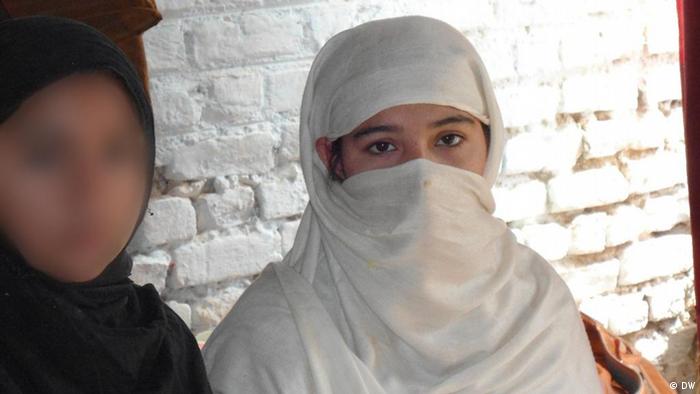
To curb the increasing incidents of rape in Haryana, the local village leaders have come up with a solution. They have suggested that the marriageable age for girls be lowered to 16 years. According to Indian law, girls cannot get married before they turn 18. This shocking statement has come a day after a teenaged girl from a lower caste immolated herself after being allegedly raped in Jind district in Haryana, India’s state notorious for being unsafe for women.
![]() read more
read more
Children suffer labor pain
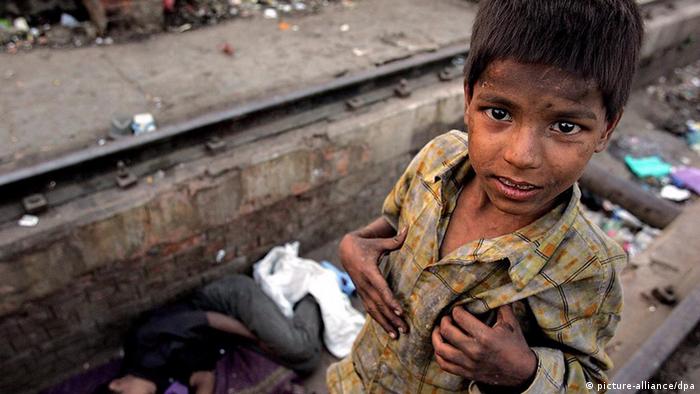
It was a freezing cold December morning in India. I was wrapped up in my thick blanket. The alarm buzzed, coupled with my mother panicking about her early morning list of “to-dos”.
![]() read more
read more
Oscar-winning acid attack film sparks controversy in Pakistan
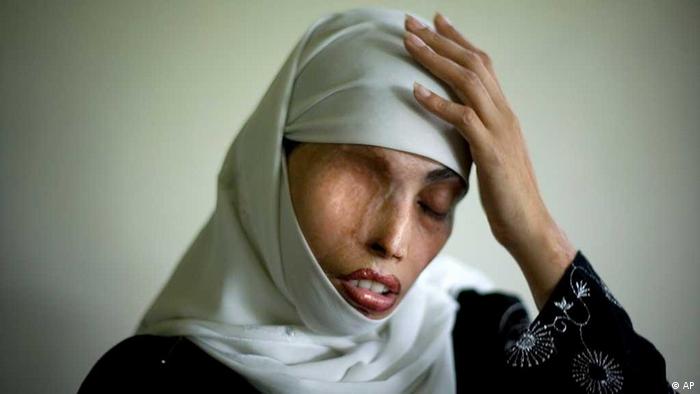
Some of the survivors of acid attacks portrayed in a recent documentary about their fates fear reprisals if the film is broadcast in Pakistan. Acid crime affects hundreds every year.
In February, there was jubilation in Pakistan when Sharmeen Obaid-Chinoy became the first Pakistani filmmaker to win an Academy Award. “Saving Face,” Obaid-Chinoy’s 40-minute documentary, is about the victims of acid attacks in Pakistan.
It focuses in particular on two women, Zakia and Rukhsana, who fight to rebuild their lives after being attacked by their husbands, and ôn the Pakistani-born plastic surgeon Mohammad Jawad who tries to restore people’s faces by using artificial skin substitutes, grafts and other surgical techniques.
![]() read more
read more
Born to die…….it is a girl child
I have always been a “Daddy’s girl”. And I am proud to be one too. But being a privileged one doesn’t make me insensitive. Coming from a country like India where the birth of a girl child is still considered a curse, it makes me wonder if we have really come a long way as a country.
Living in my world as an educated, urban, independent woman I became a bit selfish. I didn’t realise that the old order of societal norms still prevailed around me. In the process of my own transition from being a much loved daughter, sister, friend to a much loved wife I had certainly become less aware of what was going on in Indian society. And the birth of a girl child is one case in point.But two incidents in a row changed it all and woke me up with a start. It was the 15 March 2012; I was browsing the Indian news channels and e-newspapers. One name that made headlines was Baby Falak, a two year old girl who died of cardiac arrest. It was her third cardiac arrest in three months. She was admitted in a hospital in Delhi on 18 January 2012 with a fractured skull and human bite marks on her body.
![]() read more
read more
Too much, too early: underage marriage
What should a poor father do if he has two options to choose from? Either he has to marry off his five-year-old daughter to his rival’s six-year-old son as a settlement of a dispute or give the rival one million Pakistani rupees (some 8,333 euros) as a settlement.
If answering that one is difficult, try this one. What should a 14-year-old girl in a typical rural area of Pakistan do when she wants to go to school or say play dolls with her friends when her newborn is crying waiting to be fed?
![]() read more
read more
Forced marriage in Bangladesh – still a major problem
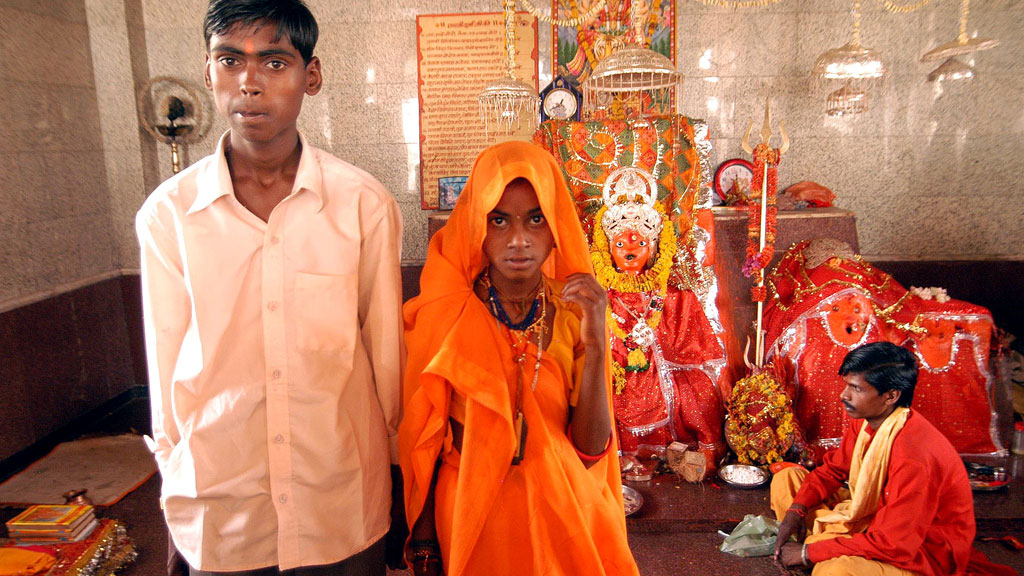 I remember Fatema Begum very well. A little girl from the small town of Kishoregonj in the Dhaka district in Bangladesh. She was in my peer group. I played Bouchhi, Gollachhut and so many local games with her. And some times we played with the dolls and arranged their marriages.
I remember Fatema Begum very well. A little girl from the small town of Kishoregonj in the Dhaka district in Bangladesh. She was in my peer group. I played Bouchhi, Gollachhut and so many local games with her. And some times we played with the dolls and arranged their marriages.
Fatema got married while she was studying in class eight. At that time she was just 15. Though my friends and I did not understand what the real meaning of marriage was, we nonetheless enjoyed the colorful lighting and the huge program of Fatema’s marriage.
One or two years later Fatema’s younger sister, Nasima, also got married. She was only14 or 15.
![]() read more
read more



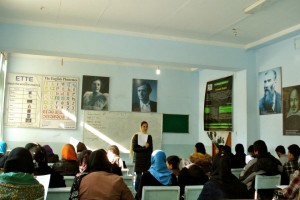

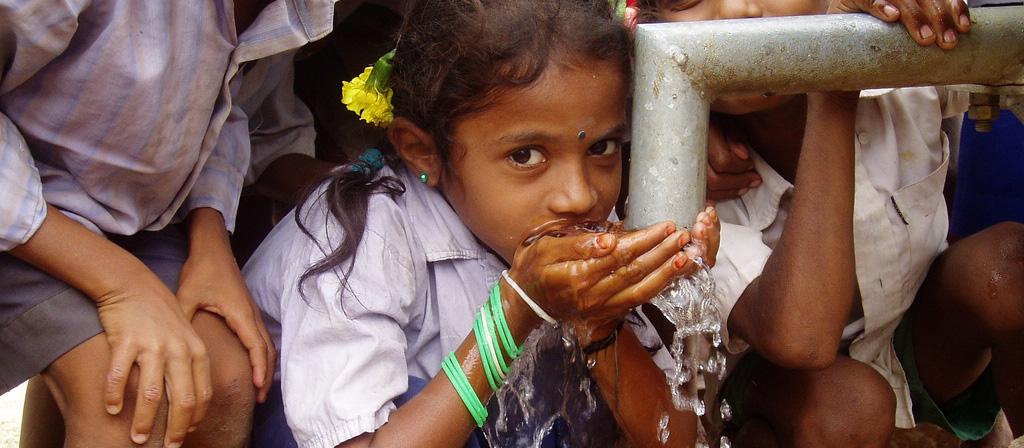
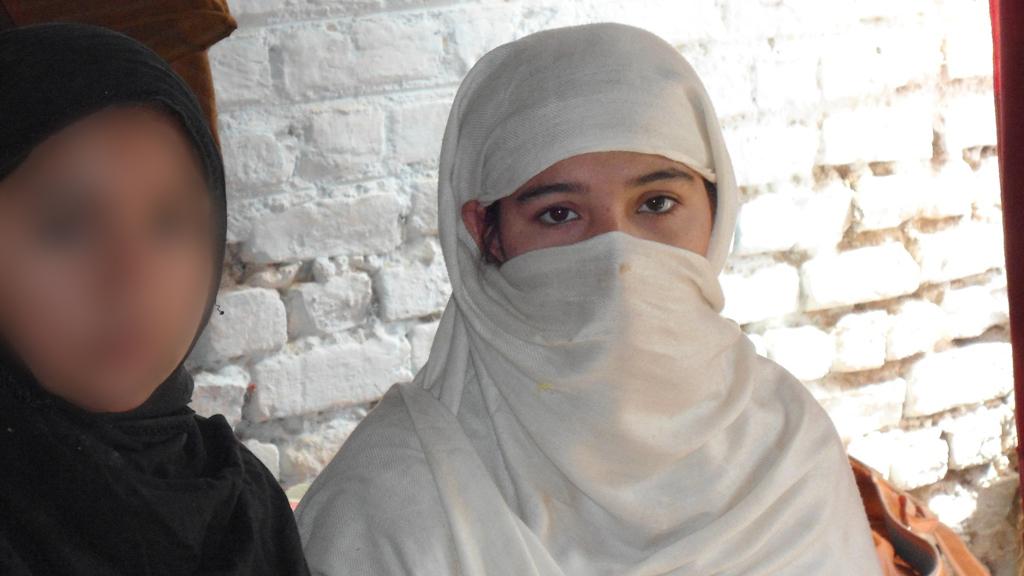




Feedback